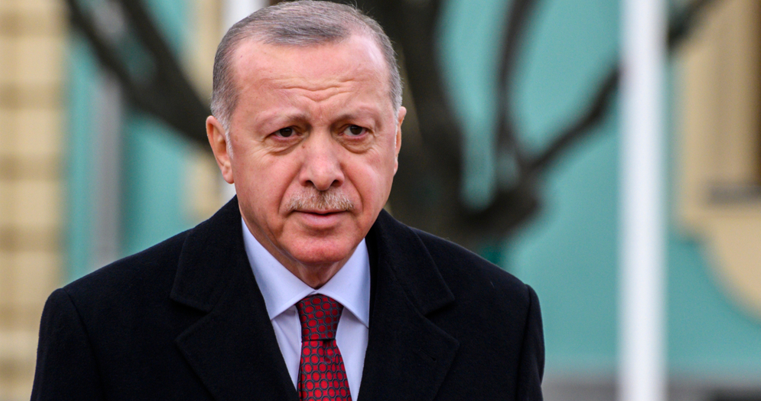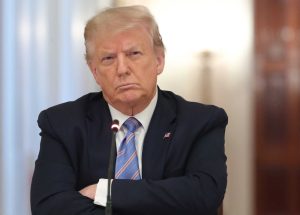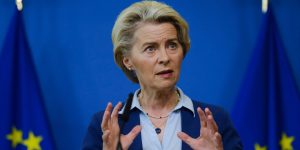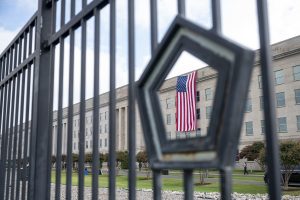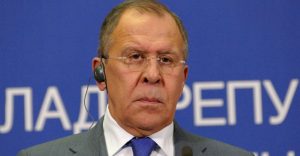Turkey’s President Recep Tayyip Erdogan is facing mounting challenges as the country’s inflation rate continues to surge, highlighting the ongoing economic struggles despite recent policy shifts.
Others are reading now
Turkey’s inflation rate soared above 75% in May, marking a 3.4% increase from the previous month.
These figures, released on Monday, underscore the persistent economic instability gripping the nation. Despite a shift in interest rate policy earlier this year, inflation remains unyielding.
The central bank has begun raising interest rates for the first time in years, with the current rate at 50%. Officials hope this will reduce inflation to 38% by the end of the year.
Historically, Erdogan has resisted increasing rates, opting instead for a series of rate cuts even as inflation skyrocketed, peaking at a record 85.5% in October 2022.
Also read
Defying Economic Orthodoxy
Erdogan’s unconventional economic strategies have often clashed with mainstream economic theories.
He has claimed that a “rate lobby” aims to harm Turkey’s economy, alleging that high-interest rates stymie job creation and personal wealth.
His stance is also influenced by Islamic teachings, which prohibit interest, as noted by the Swedish Institute of International Affairs (UI).
The president’s frequent replacement of central bank governors has further destabilized monetary policy, leading to significant volatility.
Erdogan aimed to lower the interest rate to 5% by the 2023 presidential election, a goal that puzzled many economists due to his belief that high-interest rates fuel inflation, contrary to conventional economic wisdom.
Public Trust Erodes
The latest inflation data reveal a sharp rise in food prices, which jumped 3.7% in May alone.
This inflationary pressure has eroded public confidence in Erdogan’s leadership, a sentiment reflected in the April local elections where his party, AKP, lost key mayoral races in Istanbul and Ankara.
The loss of Istanbul, in particular, was a symbolic and practical defeat for Erdogan. Paul Levin, head of the Institute for Turkish Studies at Stockholm University, told SvD,
“Erdogan’s loss in Istanbul is significant both symbolically and realistically. It shows he is vulnerable and can be defeated.”

